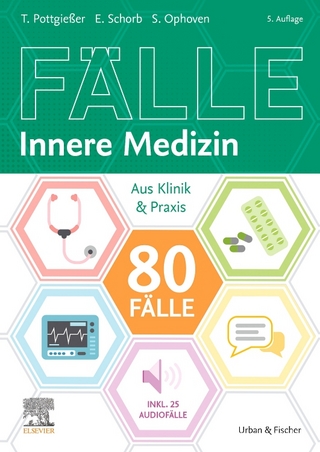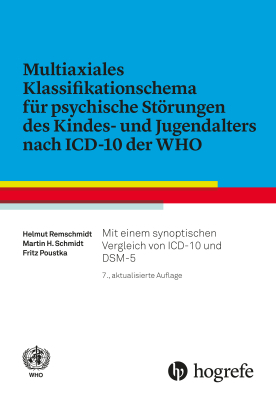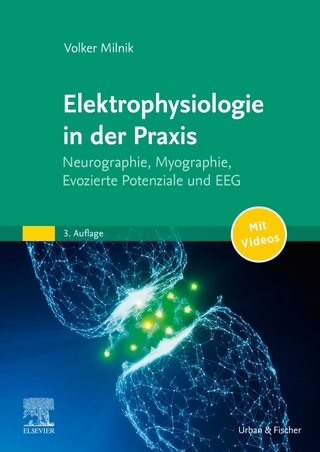
The Patient as Agent of Health and Health Care
Oxford University Press Inc (Verlag)
978-0-19-538658-5 (ISBN)
Patient-centered care for chronic illness is founded upon the informed and activated patient, but we are not clear what this means. We must understand patients as subjects who know things and as agents who do things. Bioethics has urged us to respect patient autonomy, but it has understood this autonomy narrowly in terms of informed consent for treatment choice. In chronic illness care, the ethical and clinical challenge is to not just respect, but to promote patient autonomy, understood broadly as the patients' overall agency or capacity for action. The primary barrier to patient action in chronic illness is not clinicians dictating treatment choice, but clinicians dictating the nature of the clinical problem. The patient's perspective on clinical problems is now often added to the objective-disease perspective of clinicians as health-related quality of life (HRQL). But HRQL is merely a hybrid transitional concept between disease-focused and health-focused goals for clinical care. Truly patient-centered care requires a sense of patient-centered health that is perceived by the patient and defined in terms of the patient's vital goals. Patient action is an essential means to this patient-centered health, as well as an essential component of this health. This action is not extrinsically motivated adherence, but intrinsically motivated striving for vital goals. Modern pathophysiological medicine has trouble understanding both patient action and health. The self-moving and self-healing capacities of patients can be understood only if we understand their roots in the biological autonomy of organisms. Taking the patient as the primary perceiver and producer of health has the following policy implications: 1] Care will become patient-centered only when the patient is the primary customer of care. 2] Professional health services are not the principal source of population health, and may lead to clinical, social and cultural iatrogenic injury. 3] Social justice demands equity in health capability more than equal access to health services.
Professor of Psychiatry and Behavioral Sciences; Adjunct Professor of Medical History and Ethics, University of Washington
Chapter 1 - Introduction: Patient-Centered Health-who, what, and how?
Chapter 2 - Patient-Centered Care or Patient-Centered Health?
Chapter 3 - Respecting and promoting patient autonomy in research, end-of-life care, and chronic illness care
Chapter 4 - Escaping the autonomy vs objectivity trap by re-personalizing the clinical problem
Chapter 5 - Health-related Quality of Life as a Goal for Clinical Care
Chapter 6 - Health as the Capacity for Action
Chapter 7 - On the role of health behavior in 21st Century health
Chapter 8 - Repersonalizing health behavior as therapeutic action:
advancing from activated patient to autonomous patient
Chapter 9 - Finding health between personal and disease processes
Chapter 10 - Seeking the roots of health and action in biological autonomy
Chapter 11 - Make the patient into the true customer for health care
Chapter 12 - Patient-centered health is produced by patients
References
Index
| Erscheinungsdatum | 22.01.2017 |
|---|---|
| Verlagsort | New York |
| Sprache | englisch |
| Maße | 236 x 155 mm |
| Gewicht | 703 g |
| Themenwelt | Sachbuch/Ratgeber ► Gesundheit / Leben / Psychologie |
| Medizin / Pharmazie ► Medizinische Fachgebiete ► Medizinethik | |
| Medizin / Pharmazie ► Medizinische Fachgebiete ► Palliativmedizin | |
| Studium ► 2. Studienabschnitt (Klinik) ► Anamnese / Körperliche Untersuchung | |
| Studium ► Querschnittsbereiche ► Geschichte / Ethik der Medizin | |
| ISBN-10 | 0-19-538658-2 / 0195386582 |
| ISBN-13 | 978-0-19-538658-5 / 9780195386585 |
| Zustand | Neuware |
| Haben Sie eine Frage zum Produkt? |
aus dem Bereich


